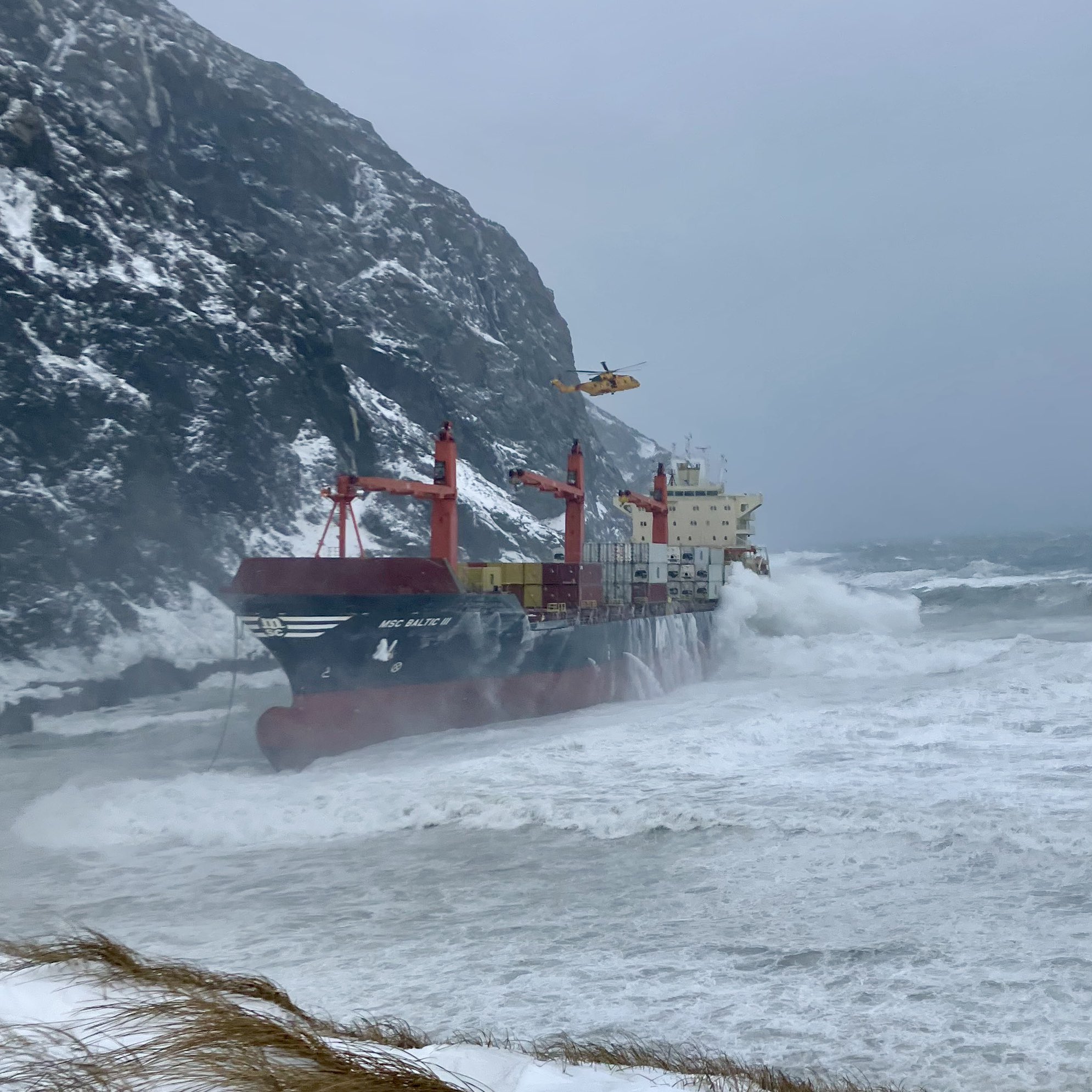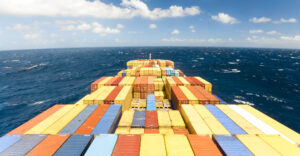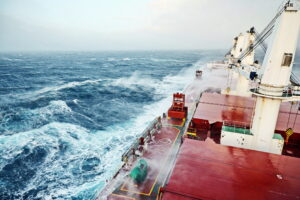The shipping industry has made significant improvements when it comes to maritime safety in recent years. Only 27 large ships lost worldwide in 2024, down by more than 20%, the industry’s lowest-ever total, according to Allianz Safety and Shipping Review 2025. The database shows 27 total losses of vessels over 100GT at the end of 2024, compared with 35 a year earlier and 105 10 years previously. Extreme weather was reported as being a factor in at least 7 losses during 2024. The South China, Indochina, Indonesia and the Philippines region is the main loss hotspot globally over the past year, together with the British Isles and the East Mediterranean and Black Sea (4 total losses each), and the past decade (169).
However, uncertainty and multiple risks persist. Cyber-attacks and GPS interferences are increasing. Ceasefires have raised hopes, but the Red Sea security threat and supply chain disruption will likely remain, explains Captain Rahul Khanna, global head of marine risk consulting, Allianz Commercial.
“While still posing major challenges and concerns, traditional causes of maritime losses, such as fires and collisions, have decreased over time. However, geopolitical tensions now pose a substantial threat that could offset these gains,” the Allianz review noted, adding: “The industry faces a complex environment marked by attacks on shipping, vessel detentions, sanctions and damages to infrastructure such as critical sub-sea cables, while reports of vessels experiencing GPS interference and jamming are increasing.”
In accordance with the report, fishing vessels accounted for close to 40% of lost vessels during 2024 (10), followed by cargo (6) and chemical/product (3). Foundered (sunk) was the main cause of total loss across all vessel types (12), accounting for close to 50%. Fire/explosion ranked second (7), remaining stable with fishing vessels the main casualties. More than 100 total losses of vessels have been caused by fires in the past decade.
Meanwhile, the number of reported shipping casualties or incidents around the world increased by around 10% during 2024 (3,310 compared to 2,963). The British Isles saw the highest number (799), followed by the East Mediterranean and Black Sea (694). The British Isles is also the top location for the most incidents over the past decade (5,613), accounting for 20% of 28,331 reported incidents.
Machinery damage/failure accounted for well over half of all shipping incidents globally (1,860) in 2024, followed by vessel collision (251) and fire/explosion. There were 250 fire incidents during 2024, up by 20% year-on-year, the highest total for a decade.
The average age of a vessel involved in a total loss over the past 10 years is 29. Extreme weather was reported as being a factor in at least 7 losses during 2024.
With the security situation in the Red Sea uncertain, the rerouting of vessels around the Cape of Good Hope has already lasted some 18 months and looks set to continue for at least the short term, the Allianz report reveals.
Furthermore, a record number of seafarers were abandoned last year with a total of 312 vessels abandoned compared to 132 vessels in 2023, a 136% increase. The number of abandoned seafarers increased to 3,133 in 2024, an 87% rise.
Lithium-ion battery risks continue to develop in the electrification age. Electrification of the global economy is spurring lithium-ion battery demand, with the market projected to hit $322bn by 2030, more than double its value in 2024, driven by electric vehicles and renewable energy transitions.
“However, such growth poses risks for shipping and supply chains. Recent fires at battery facilities highlight potential industry dangers while maritime concerns are rising, with incidents on vessels at sea and at US and Canadian ports,” the report highlights.
Meanwhile, the “shadow fleet” is now estimated to be close to 600 vessels and growing. Although western efforts to tackle the growth in the shadow fleet have intensified with EU, UK and US sanctions packages and the targeting of companies that support the operations of unsafe oil tankers, efforts to contain the shadow fleet have so far fallen short.
Cargo theft claims continue to rise as organized criminal gangs repeatedly target high value and consumable goods. With high inflation and a cost-of-living crisis affecting many countries in recent years, theft has been on the rise. In accordance with Allianz, enhanced preventative strategies, including convoy arrangements and GPS tracking, are recommended to mitigate losses.
Regarding the decarbonization of shipping, “geopolitical developments are making it harder for the shipping industry to meet its GHG emissions targets,” according to Captain Rahul Khanna, global head of marine risk consulting, Allianz Commercial.
On one hand sustainability efforts and commitments in large parts of the world continue to increase, but on the other, contrasting views on climate change and the energy transition will only increase uncertainty for shipowners, Allianz says, who will be planning investments and placing orders for vessels that will be delivered and operating in the years ahead, potentially making it harder for the shipping industry to meet its targets.



